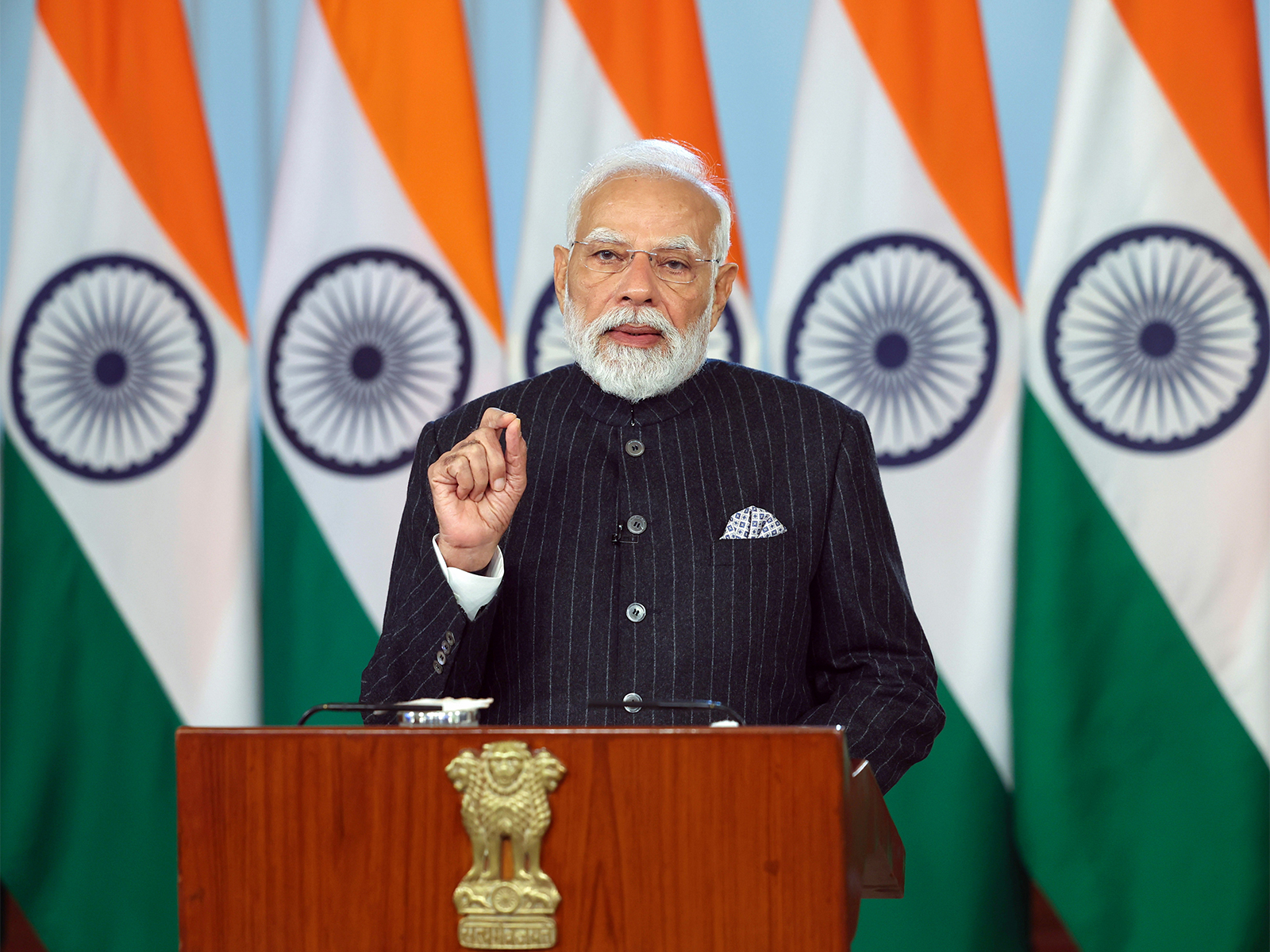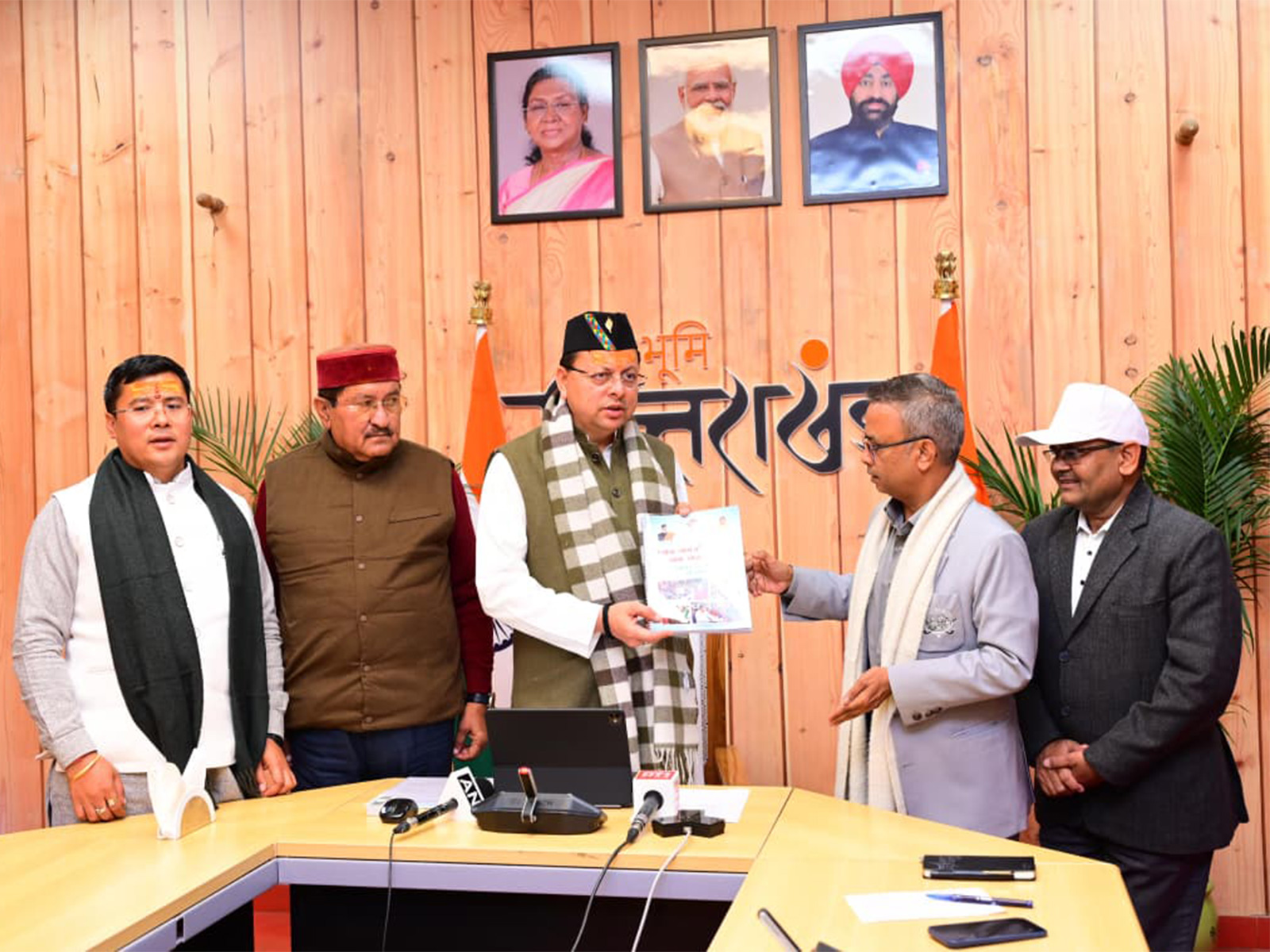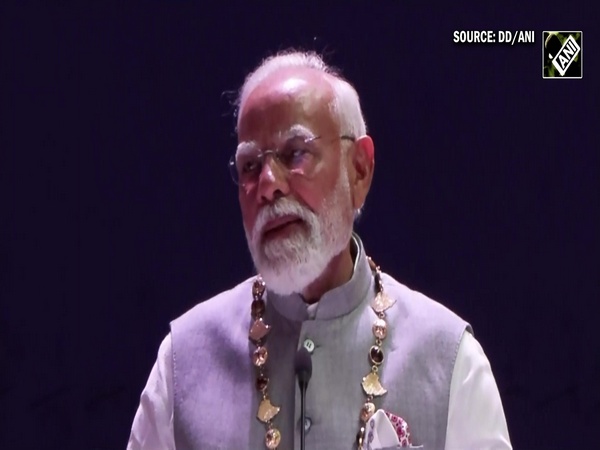Overall tourist satisfaction impacted by rapport with co-travelers
Aug 08, 2021

Burnaby [Canada], August 8 : Getting along with the tourists you are co-travelling with leads to a more satisfying group experience, according to a new study by researchers at Simon Fraser University.
The findings of the study were published in the journal 'Tourism Management'.
While building rapport has been well-studied between service employees and customers, little has been studied in terms of its role in group tourism.
SFU researchers, together with a team of European researchers, conducted interviews with managers, tourists and tour guides representing various types of guided group activities--from wine and restaurant tours to recreational and educational activities-- on North America's west coast.
They identified four aspects of rapport among tourists: personal connection, enjoyable interaction, service congruity (whether tourists felt the same as others in the group about the experience) and group attentiveness (whether others in the group showed consideration and interest towards each other).
Based on the four criteria, the researchers recorded videos showing high, moderate and low levels of rapport among tourists in the context of a group food tour.
Study participants watched and rated the perceived rapport among the tourists. Their results showed that high tourist rapport increased satisfaction with the experience while low tourist rapport decreased satisfaction.
The researchers also conducted field experiments during guided food tours, focusing again on conditions of low, moderate and high rapport, and this time included four actors among the tour participants.
Participant ratings of satisfaction showed that even when other aspects of the guided tour are first-rate (such as organisation, physical space, having an excellent tour guide and great food) that having moderate to high levels of rapport within the group matters and can increase overall satisfaction with the tour experience.
With the demand for travel and social experiences, such as guided group tours, likely to increase as global vaccination numbers continue to rise, tourism businesses can take this opportunity to rebuild and redesign their services and deliver a more enjoyable experience for all, said SFU Beedie School of Business professor Ian McCarthy.
"As we start travelling again, our research offers evidence-based advice for how tourism businesses could develop rapport among groups of customers to increase satisfaction, word-of-mouth, and repeat visitation," added McCarthy.
To increase rapport, researchers suggested designing group activities that:
1. Schedule time for tourists to share what they enjoyed the most about an experience
2. Empower guides to highlight 'peak events' that build group enthusiasm (such as stopping the bus so tourists can see wildlife)
3. Plan icebreaker exercises and games that allow group members to chat and cooperate on tasks
4. Provide opportunities for one-on-one conversations between tourists after some group-based interaction
5. Develop personal connection through having tourists share information about themselves such as their reason for participating in the activity.




















